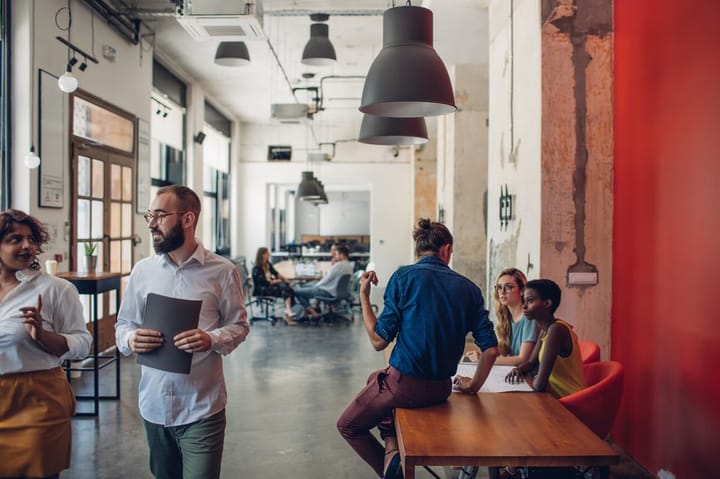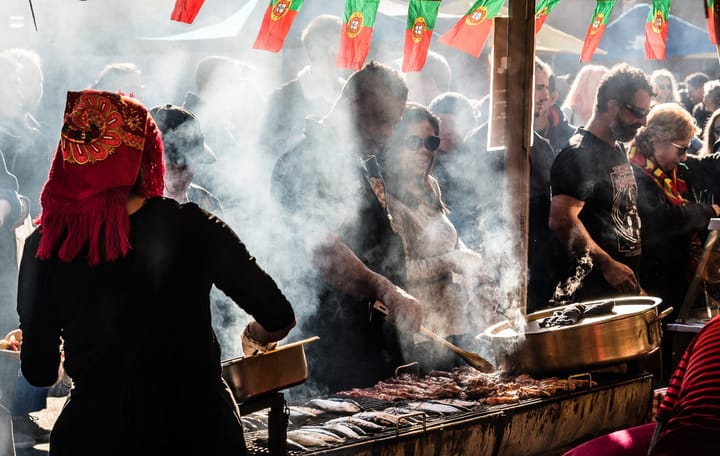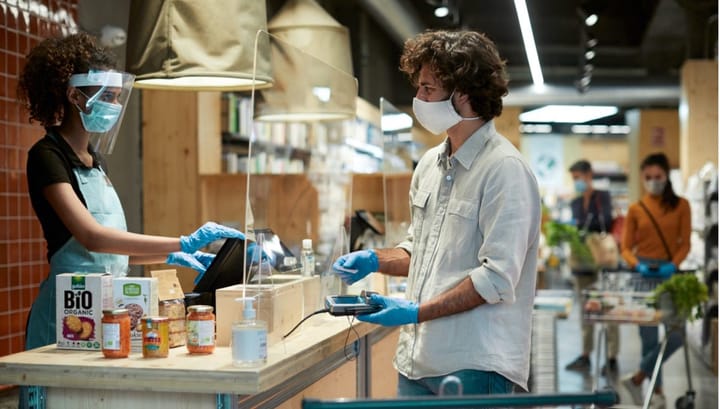Photovoice: Street Life in Ivory Park
The recently released Participate report, Work With Us (see my previous post), contains a short case on an interesting photographic assignment that was conducted in Ivory Park, South Africa.
Ivory Park is a large township in the City of Johannesburg. The landscape is densely settled, and the street is central to people’s lives, providing space for business, social interaction and connecting the community to itself and the wider city.
Photovoice: Street Life in Ivory Park is the result of a project that was done in collaboration with eight street photographers. Adapting a “Photovoice” approach, the project sought to record – through photographs – the social and economic dynamics of street life in Ivory Park and simultaneously empower the street photographers to raise awareness about the situation of the informal economy in a South African township context. During the month of April 2013, the photographers used their lens to capture
photographs of everyday life on the streets of the township.Each week the participants posted a selection of their photographs on a dedicated Facebook page; which provided a forum for commentary in response to particular photographs, debates, and reflection. At the end of this
process, the project team re-engaged with the photographers in a further action learning process to comprehend meaning from their experience and photographs.
For more details on this approach and similar project visit the Sustainable Livelihoods Foundation site.
The Participate report highlights the following findings and implications of this project.
Survival in Ivory Park means finding creative forms of self-employment whilst simultaneously maintaining social responsibilities (including care for families). There are few formal jobs. These daily negotiations of survival show how people are using their creativity, capacity and determination to build resilience in the pursuit of business under difficult conditions. The idea of resilience is deepened where people’s life-sustaining strategies have been criminalised, adding the reality and risk of further shocks to their efforts to survive.
Marginalised people, even the very poorest, aspire to a better life, one which is within the broader social and cultural context in which they live. Material aspirations of wellbeing are often kept in check by the limitations of opportunities (lack of jobs, business opportunities), social capital constraints (deficiencies in skills or networks) and structural constraints, including in the case of Ivory Park the shortcoming of the state in providing services such as roads, water, sewerage.
Entrepreneurship in the community is seen to have wider benefits.
Local businesses are seen to make a difference in terms of investing in the future economy and infrastructure of the community, including employment opportunities. The research also explores the benefits that street trade brings to communities. The mobility of street businesses means people are close to goods and services, and local knowledge means that they are relevant and accessible to the needs of the wider community.
There is a need to recognise the ambiguities of the street economy and how this influences individual and collective decision-making for people in Ivory Park. The opportunities of the street market to grow business versus an inappropriate policy and legal environment which does not grant rights to these businesses pushes people into insecure territory for ensuring a livelihood. The rejection of municipal regulations that prohibit dumping versus the popular demand for municipal responsiveness to repair the sewerage system reflects this ambiguity in terms of the community’s response to inadequate service provision.
All together the photos call for an appropriate, ‘pro-poor’ regulation of the street economy in order for these people to achieve their full potential. Strengthening businesses, providing support for those most vulnerable, training in skills and building safer communities, instead of criminalising street trade would be the way forward.


